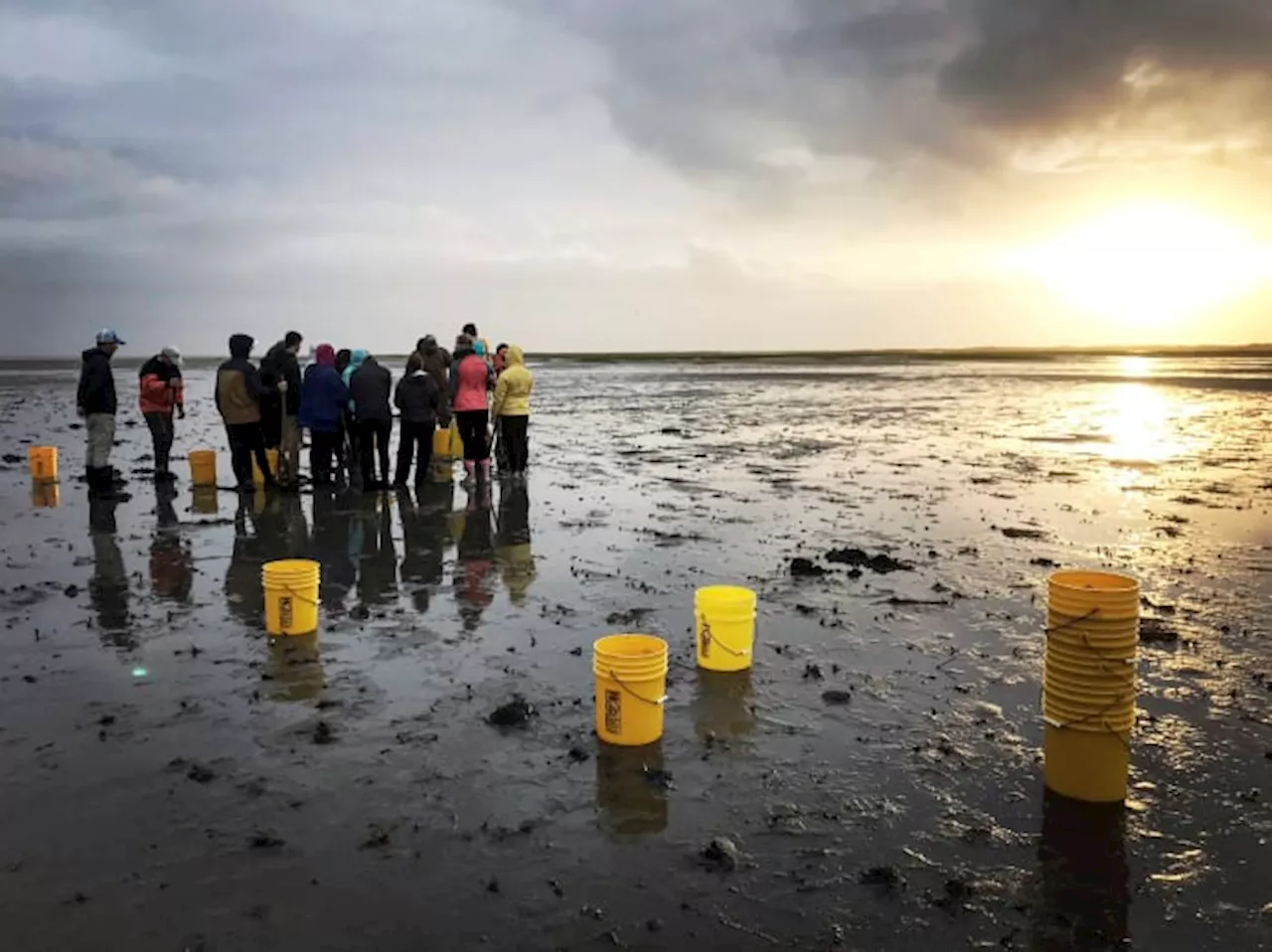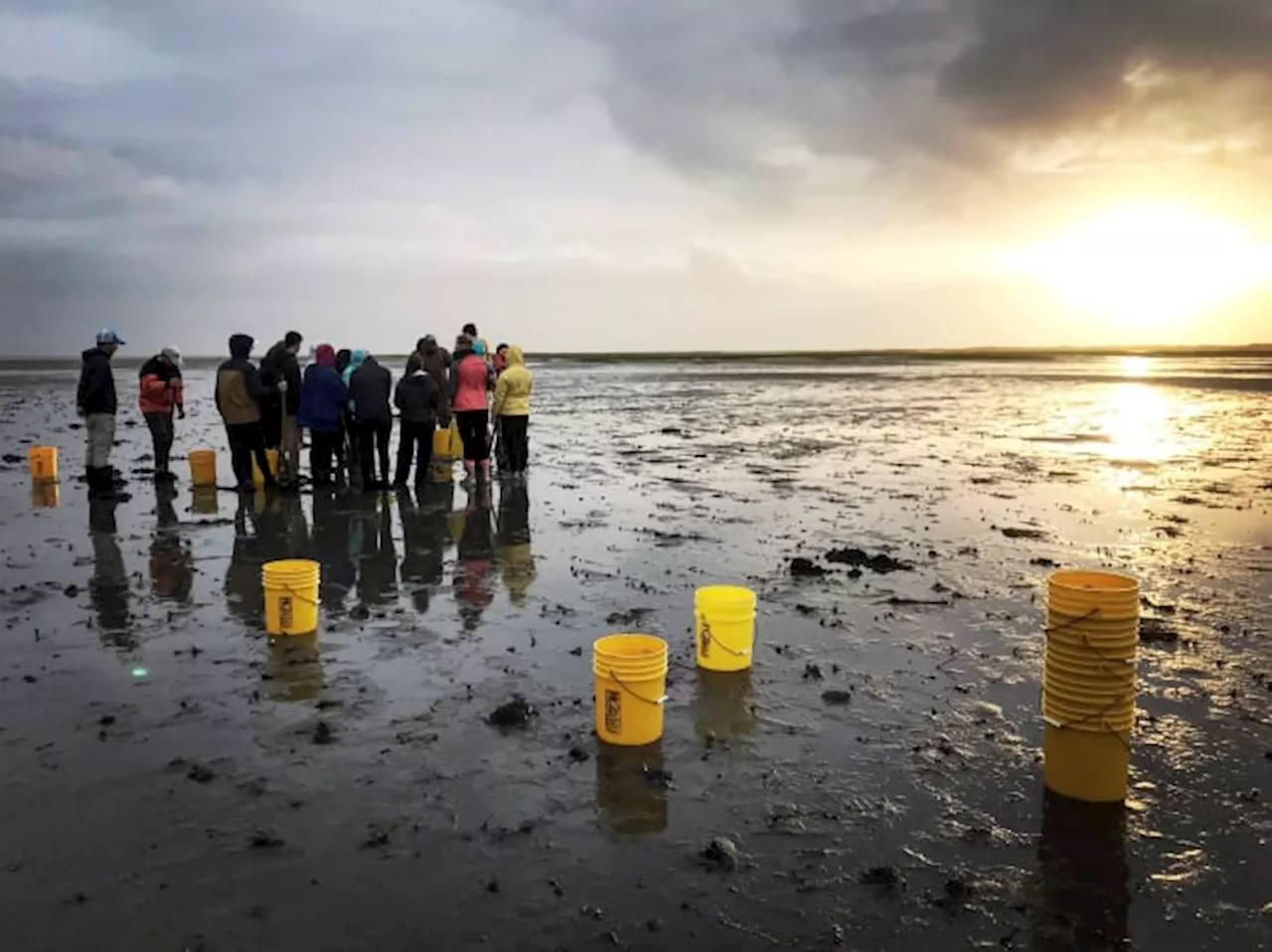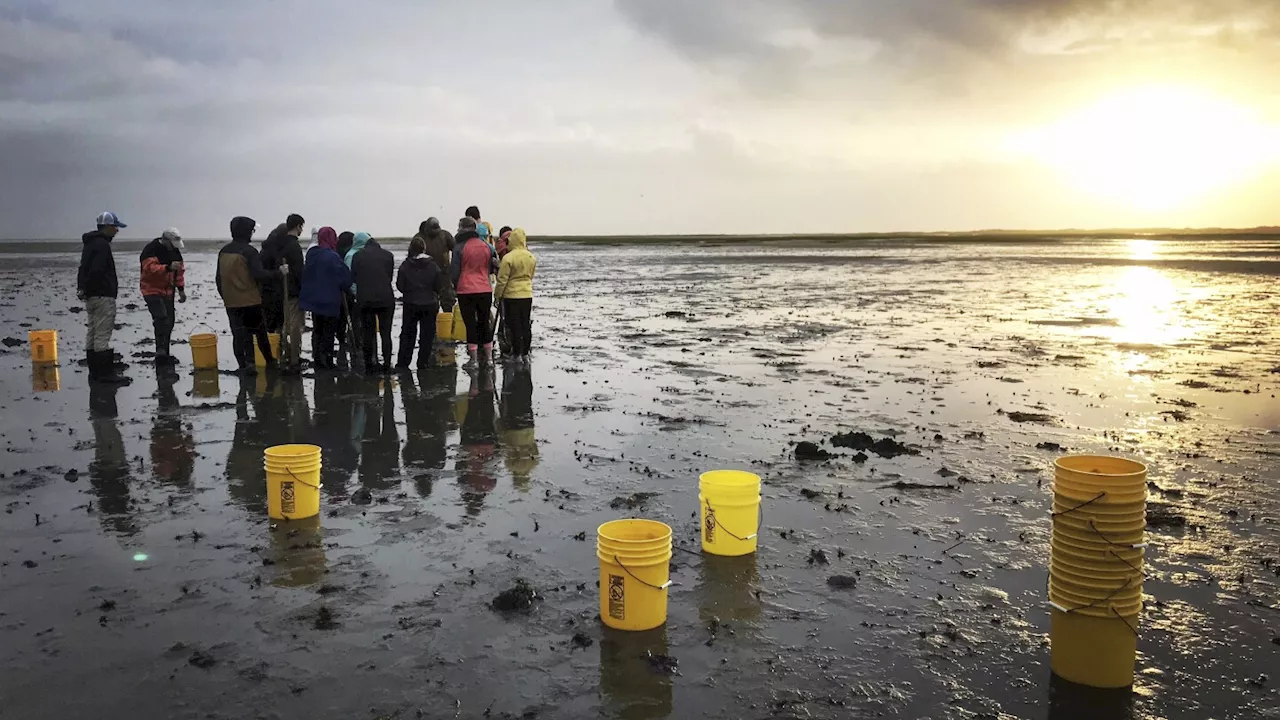Science, Space and Technology News 2024
reveals that human-induced climate change is increasing global rainfall variability, leading to more erratic and intense rainfall patterns. This change necessitates immediate adaptation strategies to mitigate its broad environmental and economic impacts.Many people worldwide have observed that rainfall is becoming increasingly erratic. Intense downpours are occurring more frequently, while dry periods seem to be lasting longer and becoming more severe.
While climate models have predicted that this variability will increase with future warming, this study confirms that this pattern has already emerged over the past century.By analyzing a wide range of observational data, the researchers found that rainfall variability has increased since the 1900s over 75% of the land areas studied, particularly in Europe, Australia, and eastern North America. The researchers found that daily rainfall variability has increased globally by 1.2% per decade.
“The future we are anxious about is already here,” said Dr. Zhou Tianjun, a senior scientist at IAP and a professor at UCAS as well as the corresponding author of the study. “The increased variability in precipitation we observed adds crucial evidence of larger daily changes, making it more difficult to predict and prepare for environmental impacts.”
United States Latest News, United States Headlines
Similar News:You can also read news stories similar to this one that we have collected from other news sources.
 Climate change is altering the length of days on Earth, according to new researchScientists are discovering more ways global warming is affecting the planet.
Climate change is altering the length of days on Earth, according to new researchScientists are discovering more ways global warming is affecting the planet.
Read more »
 Climate change is making days longer, according to new researchThe melting of glaciers and polar ice sheets causes water to move closer to the equator, fattening the planet and slowing its rotation, according to a recent study.
Climate change is making days longer, according to new researchThe melting of glaciers and polar ice sheets causes water to move closer to the equator, fattening the planet and slowing its rotation, according to a recent study.
Read more »
 William & Mary expands new climate-focused major, deepens coastal research with $100 million giftWilliam & Mary has received a $100 million donation that aims to help coastal communities adapt to changing temperatures, rising seas and more intense storms.
William & Mary expands new climate-focused major, deepens coastal research with $100 million giftWilliam & Mary has received a $100 million donation that aims to help coastal communities adapt to changing temperatures, rising seas and more intense storms.
Read more »
 William & Mary expands new climate-focused major, deepens coastal research with $100 million giftWilliam & Mary has received a $100 million donation that aims to help coastal communities adapt to changing temperatures, rising seas and more intense storms.
William & Mary expands new climate-focused major, deepens coastal research with $100 million giftWilliam & Mary has received a $100 million donation that aims to help coastal communities adapt to changing temperatures, rising seas and more intense storms.
Read more »
 William & Mary expands new climate-focused major, deepens coastal research with $100 million giftWilliam & Mary has received a $100 million donation that aims to help coastal communities adapt to changing temperatures, rising seas and more intense storms. The university said Wednesday that the gift from Virginia philanthropist Jane Batten is the largest in the school’s history. It will establish the Batten School of Coastal & Marine Sciences.
William & Mary expands new climate-focused major, deepens coastal research with $100 million giftWilliam & Mary has received a $100 million donation that aims to help coastal communities adapt to changing temperatures, rising seas and more intense storms. The university said Wednesday that the gift from Virginia philanthropist Jane Batten is the largest in the school’s history. It will establish the Batten School of Coastal & Marine Sciences.
Read more »
 Understanding how a red seaweed reduces methane emissions from cowsNew research has implications for addressing a leading contributor to climate warming, methane.
Understanding how a red seaweed reduces methane emissions from cowsNew research has implications for addressing a leading contributor to climate warming, methane.
Read more »
